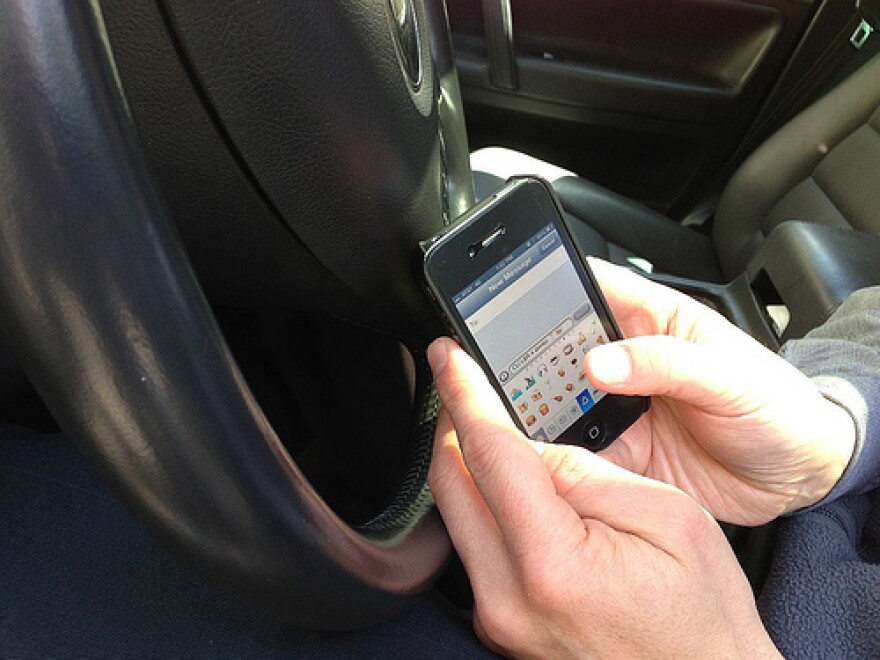It's official. No more texting and driving in the state of Florida.
Gov. Rick Scott was in South Florida on Tuesday to sign SB 52, legislation championed by Sen. Nancy Detert (R-Venice) for the last four years.
Under the new law, Florida will join a large majority of states in prohibiting texting while driving. As a secondary offense, however, drivers must be stopped for a separate alleged traffic violation before being ticketed for texting while driving.
Gov. Scott signed the bill at Alonzo and Tracy Mourning High School in North Miami.
UPDATE: Florida's Texting While Driving Ban Takes Effect Amid New Effort To Strengthen It
"As a father and a grandfather, texting while driving is something that concerns me when my loved ones are on the road," said Scott. "The 100 days between Memorial Day and Labor Day are known as the deadliest days on the road for teenagers."
Teenagers are not the only ones texting and driving. A 2012 survey conducted by the AAA Foundation for Traffic Safety found that two thirds of drivers admitted to reading a text or email while driving.
However, some advocates, such as Steve Augello from Spring Hill, said the new law doesn't go far enough. Augello's daughter was killed by a driver distracted during texting and doesn't think this law is going to change people's behavior.
"It's too weak," explained Augello. "A $30 fine? A teenager that works in McDonalds could afford a $30 fine, so it's not going to make too much of a difference."
Augello would prefer that texting and driving be punished as primary offense with much larger fines.
Boca Raton State Representative Irving Slosberg, who has based his legislative career on traffic safety, called the bill a disappointment.
He said it was gutted by powerful lawmakers from three camps: people who dislike police, people who proudly text and drive and people with a libertarian political orientation.
"It started off as a primary (offense, but) became a secondary offense," Slosberg said. "You can text in traffic jams, you can text at red lights, it's only $30 (for a ticket) and the police can't even confiscate (cell phone) records unless you kill or seriously injure someone. So it's politics and unfortunately there's no lobbyist for public safety."
In Florida, over 4,500 accidents last year were attributed to drivers being distracted by their cell phones or other electronic communication devices. Two hundred and fifty-five of those crashes were directly linked to texting, although law enforcement officials say that the actual number of crashes caused by texting is probably much higher.
The research is mixed on whether texting bans actually reduce crashes.





